GenReady
100&Change - MacArthur Foundation
Preparing a generation of African youth for work

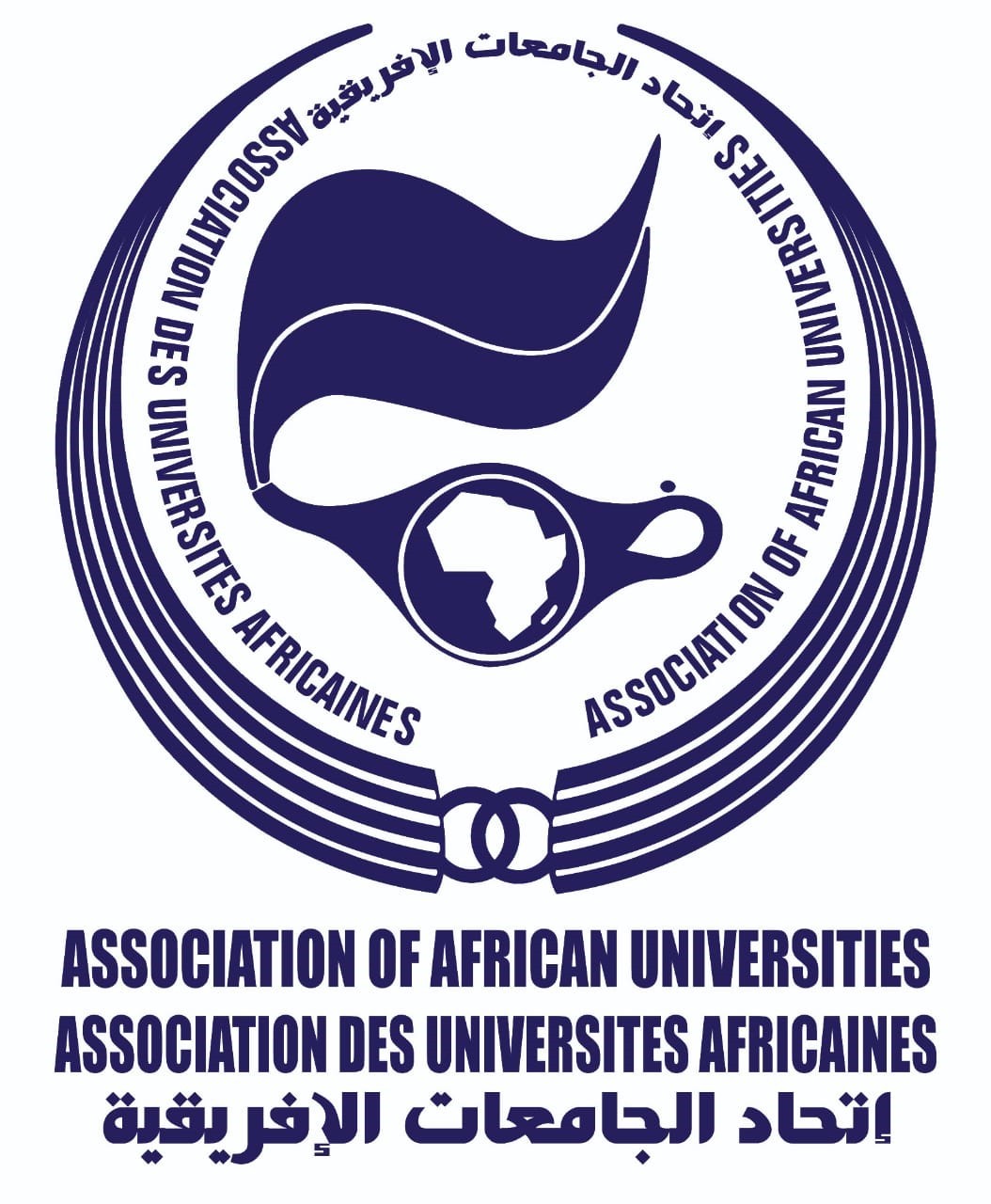

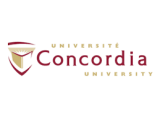
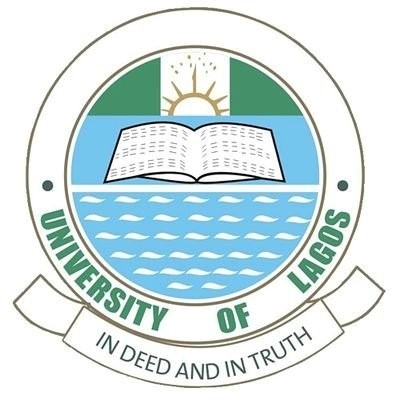
By 2050, more than half of the world's population under the age of 24 will live and be educated in sub-Saharan Africa. Despite strong economic growth in many countries in sub-Saharan Africa, high youth unemployment remains one of the most urgent political and socio-economic challenges.
Universities have a pivotal role to play in resolving the youth unemployment crisis in Africa by preparing students for a rapidly changing labour market and the global knowledge economy. Working together, universities have the potential to lead innovation in how we prepare the next generation for a lifetime of careers in a profoundly changing world. GenReady will produce a tangible, transformative shift in strategy, structure and programming within African universities, positioning them to play a central role in preparing Africa’s youth for a disrupted future.
GenReady is a unique partnership of three university membership platforms (Francophone, Commonwealth, African), and Concordia University at the forefront of innovation and experimentation in student entrepreneurship, and experiential and on-line learning. It represents a desire for change from within the university sector itself, expressed through member-based associations.
The team is passionate about transforming university education to prepare African youth to thrive in today’s economy, and that of the future.
GenReady will deliver benefits for universities, students, and the broader ecosystem in which they operate. Universities will be well-positioned to lead the way in navigating the unprecedented changes facing African societies. Students will identify as business and jobs creators, or ready to integrate the labour market. Business, industry, and government will benefit from a pool of recruits with a well-rounded, adaptable skillset, direct work experiences, and ready to hit the ground running.
“Higher education is the key to empowering young people to drive social and economic development. Developing the right knowledge and skills to access and create the jobs of the future has the potential to benefit the livelihoods of a billion people in the region” --ACU
"AUF’s commitment to Africa is real, and enduring. For 45 years AUF has been present across the continent, with local and regional offices in 14 countries. With 60% of the African population below 25 years old, AUF is profoundly engaged in supporting our 300 African member universities to address the challenges of youth unemployment" --AUF
"The AAU has been serving African higher education community for more than five decades covering institutions in 46 countries in all the major linguistic and geographic regions of the continent. As Africa is the youngest continent, and young people here face an extremely challenging job situation, the AAU is determined to engage more with Africa’s policy-makers and other stakeholders to turn their attention to Africa’s youth employment challenge and respond with programmes targeting young people." --AAU
The Problem
By 2050, more than half of the world's population under the age of 24 will live and be educated in sub-Saharan Africa.
Despite strong economic growth in many countries in sub-Saharan Africa, high youth unemployment remains one of the most urgent political and socio-economic challenges. Almost 16 million youth are facing unemployment in Africa today and this number is growing.
Youth unemployment in Africa is a key cause of chronic poverty and poor quality of life, clandestine migration, and political and social instability. More importantly, it represents a failure to capitalise on one of the continent’s greatest potentials for economic growth: a growing population of dynamic, ambitious youth, in search of training, mentoring, and economic opportunities.
Twelve million youth enter into the African labour market each year, and yet, only 3 million new jobs are created annually. The future of work also means that, in many cases, some jobs do not even exist yet. This presents an increasing challenge for African youth.
While they have a fundamental role in forming the workforce of the future, higher education institutions in Africa are not adequately preparing youth for the evolving labour marking, which is in turn contributing to youth unemployment on the continent. The current system of higher education in Africa is not responsive or innovative enough to empower youth with the knowledge, skills and know-how to thrive in a changing world.
The time is now for African educational ecosystems to begin preparing African youth for the jobs of the future.
Our Solution
Universities have a pivotal role to play in resolving the youth unemployment crisis in Africa by preparing students for a rapidly changing labour market and the global knowledge economy. Working together, universities have the potential to lead innovation in how we prepare the next generation for a lifetime of careers in a profoundly changing world. GenReady will produce a tangible, transformative shift in strategy, structure and programming within African universities, positioning them to play a central role in preparing Africa’s youth for a disrupted future.
GenReady will evaluate progress by a measurable shift in 50 universities across Africa over a 5-year period, and beyond. This transformation will be signaled by -
- an increased acceptance of risk and willingness to pilot new ideas;
- expanded program offerings, with applied programs complementing traditional disciplines, and the development of new programs and modes of teaching;
- experiential learning and entrepreneurship opportunities, and meaningful work-integrated learning experiences;
- connectedness with the private and non-profit sectors, social enterprise partners and all levels of government;
- access to university spaces and resources by the broader community;
- structures that facilitate crossing disciplinary boundaries;
- a transparent culture of decision-making.
GenReady will deliver benefits for universities, students, and the broader ecosystem in which they operate. Universities will be well-positioned to lead the way in navigating the unprecedented changes facing African societies. Students will identify as business and jobs creators, or ready to integrate the labour market. Business, industry, and government will benefit from a pool of recruits with a well-rounded, adaptable skillset, direct work experiences, and ready to hit the ground running.
The Partnership
GenReady is a unique partnership of three university membership platforms (Francophone, Commonwealth, African), and Concordia University at the forefront of innovation and experimentation in student entrepreneurship, and experiential and on-line learning. It represents a desire for change from within the university sector itself, expressed through member-based associations.
The partnership brings together over 1,800 higher education institutions in over 120 countries, with capacity to mobilize an unparalleled pool of expertise from universities around the globe, ready to contribute to GenReady’s success and to advance a shared agenda on a truly continental scale. This coordinated action can deliver a genuine modernizing transformation of the university sector across countries, languages, disciplines and structures, building credibility and opening doors to outward collaboration with a diverse range of public and private actors, including government, unions, business, industry, and investors.
Our Team
The GenReady team is passionate about transforming university education to prepare African youth to thrive in today’s economy, and that of the future. Team members bring a diverse but complementary set of interests, abilities, experience and know-how in the areas of international and education program management, teaching and research, innovation and entrepreneurship, governance, and finance.
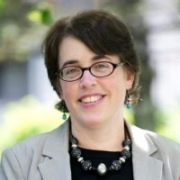
Heather Johnston
Deputy Director, Partnerships , AUF
Heather is an international and community development specialist and social justice activist. She has had diverse 25-year career working in sub-Saharan Africa and with Indigenous communities in Canada to promote human rights and deliver programs in the areas of education, health, disability rights, child protection, and micro enterprise. She is an effective leader of not-for-profit organizations, successfully steering Canadian NGO Dignitas International for four years as President and CEO.
Heather’s career encompasses 13 years working at grassroots, national and regional levels in West Africa. She has successfully built and managed large cross-functional professional teams of up to 70 people, and held responsibility for compliance and implementation of complex annual programs and budgets in challenging environments. Over the past ten years in Canada and Africa Heather has provided oversight to high-value multi-year donor contracts with funders such as DFID, USAID, Global Affairs Canada, and UNFPA.
Heather holds a bachelor’s degree in Peace and Conflict Studies from the University of Toronto, and an MA in Management of Cooperative Businesses from the University of Sherbrooke, Québec. She is fluently bilingual in English and French.
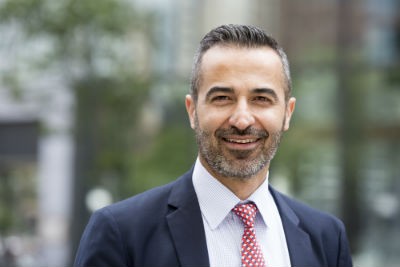
William Cheaib
Chief of Staff to the President and Vice-chancellor, Concordia University
William Cheaib is the chief of staff to the president and vice-chancellor of Concordia University. In this role, he provides advice to the president and assists him in developing and implementing strategy. In addition, William oversees Concordia’s international relations as associate vice-president international.
He has a track record in pioneering successful international alliances and advising on government and institutional strategies in international and next-generation education. His past and present public service includes the Canadian Bureau for International Education (CBIE), Expo-Entrepreneurs, Engcomm, and the Montreal Science Centre Foundation.
In 2018, William launched an Africa Initiative that aims to empower African youth through education, entrepreneurship and technology. He is a regular speaker on intercultural communication and strategic planning for the education and public sectors. He holds a Bachelor and a Master’s degree in Law. He has a broad administrative experience, a solid background in international relations and a passion for moving the education agenda forward.
Project Contact
XXX, XXXX, XXXXX

